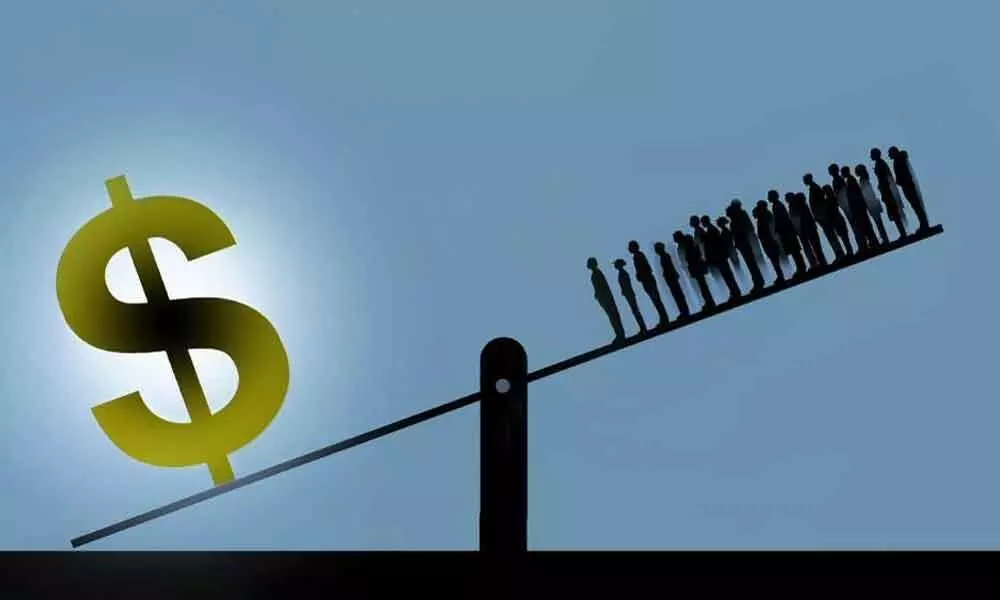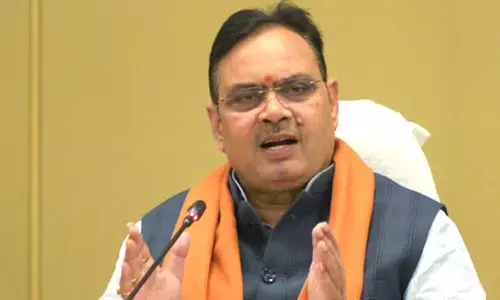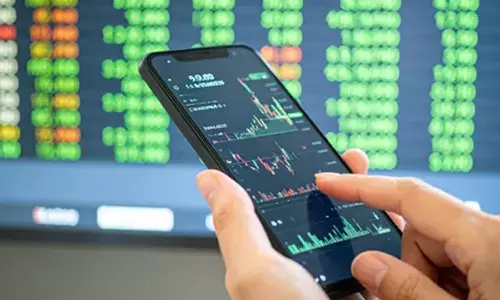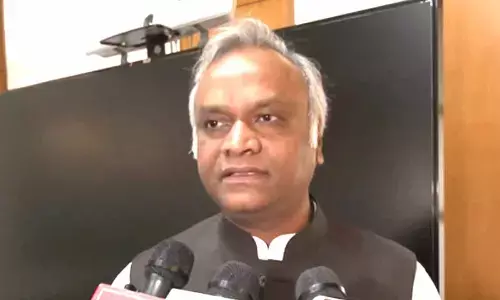Growing economic disparities big reason to worry

The latest Oxfam report released ahead of the World Economic forum meet in Davos suggests that the world's richest 1 per cent have more than twice the wealth of the rest of humanity combined.
The latest Oxfam report released ahead of the World Economic forum meet in Davos suggests that the world's richest 1 per cent have more than twice the wealth of the rest of humanity combined. This report comes amid a growing debate over whether billionaires are good or bad for society. This calls for inequality busting policies by all governments.
The report also highlights gender-based economic disparities, saying women and girls are burdened with disproportionate responsibility of care work and fewer economic opportunities. Oxfam said the wealth of more than 2,200 billionaires across the globe had increased by 900 billion dollars in 2018-19.
The 12 per cent increase in wealth of the very richest contrasted with a fall of 11 per cent wealth of the poorest half of the world population. As a result, the report concluded that the number of billionaires owning as much wealth as half the world's population fell from 43 in 2017 to 26 last year.
The report highlights how women are dying for lack of decent maternity care and children are being denied an education that could be route to their escape from poverty. Just because people are born poor, they should not be condemned to their graves.
Is not it so? Oxfam said its methodology for assessing the gap between rich and poor was based on global wealth distribution data provided by the Credit Suisse global wealth data book, covering the period from June 2017 to June 2018. Four shocking facts emerged out of it. The world 's richest 22 have more money that all the women of Africa.
Another comparison drawn was that if the world's two richest men sat on their wealth piled up in 100 dollar bills, they would be in the outer space. Compare that to middle-class people in rich countries, would be sitting at chair-weight while the vast majority will be sitting on the floor.
Women and girls put in 12.5 billion hours of unpaid work every day: From fetching firewood and water, so that they can clean and cook for the male breadwinner, to looking after children and the elderly, women often bear the burden of essential unpaid work, says Oxfam.
Women in India, Uganda Zimbabwe, Philippines and Kenya spend 40 minutes more each day on activities like collecting water and fuel than those who are better off. Yet another concern is that the ageing population of the world is facing a crisis as far as their health care is concerned. Alongside the grim scenario of the climate change, the problems for these people will only be increasing.
It said, in low-income communities in India, in households with access to electricity, girls spend half an hour less each day on care work. The report was specific in pointing out that governments were making inequality worse by spending less on public services. About 10,000 people per day die due to lack of healthcare and 262 million children are not in school.
What is the solution? Invest in safe water, sanitation and domestic energy systems, tax the rich higher and protect the rights of all carers. Will somebody look into it?








